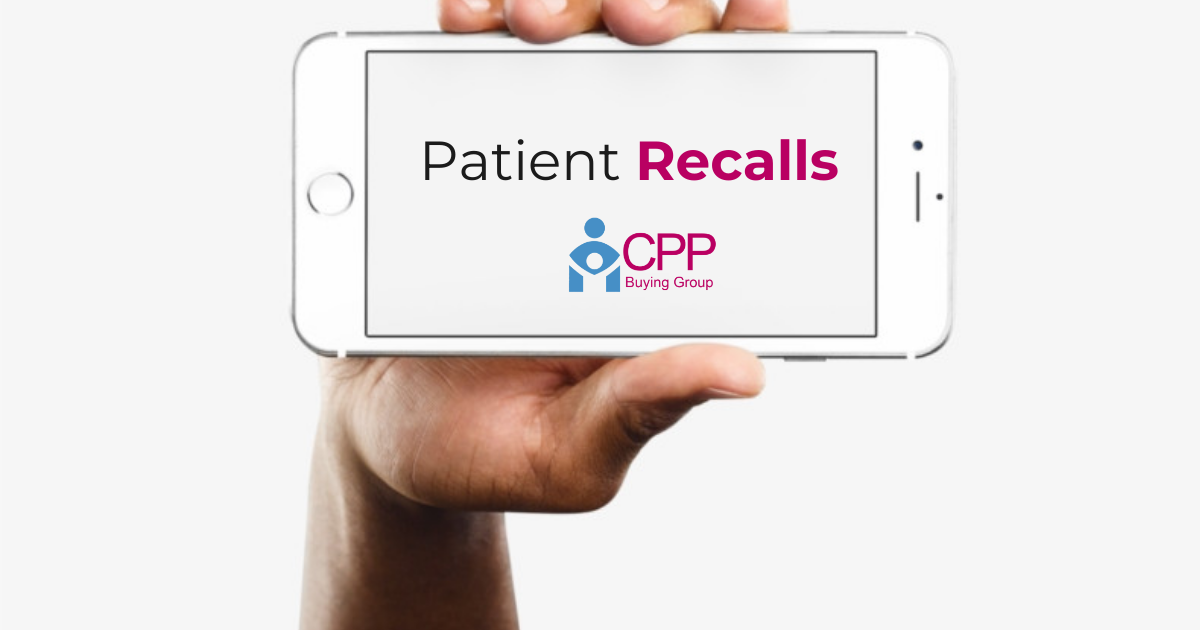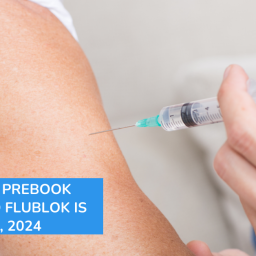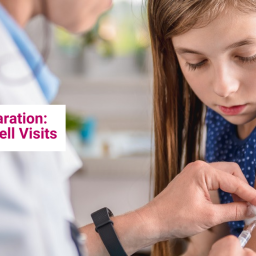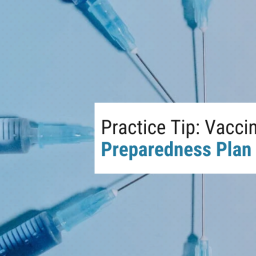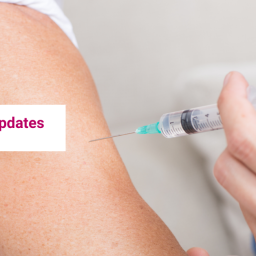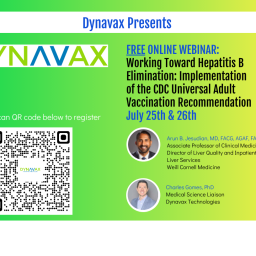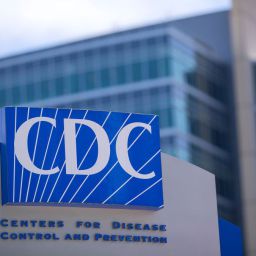Patient recall is an essential part of a practice workflow in healthcare settings. As practices fill schedules this summer scheduling appointments efficiently becomes crucial. By proactively reaching out to patients for recall, practices can optimize their schedules and ensure that patients receive the necessary care.
Effective patient recall systems help in the following ways:
- Preventive Care: Regular check-ups and preventive screenings are vital for maintaining good health. Patient recall ensures that patients are reminded and encouraged to schedule important appointments like (baby/adolescent well visits and vaccine series completion visits).
- Continuity of Care: For patients with chronic conditions or those requiring follow-up visits, recall systems help maintain continuity in their healthcare management.
- Efficient Scheduling: By actively recalling patients, medical practices can optimize their schedules, reduce no-shows, and ensure that appointments are filled promptly. This leads to better time management and improved workflow efficiency.
- Patient Engagement: Recall systems also foster patient engagement by keeping them involved in their healthcare. Regular reminders show that the practice cares about their well-being and encourages them to take an active role in managing their health.
Patient Recall TIPS
Patient recall can be conducted through various methods such as
- Phone Calls or Automated Appointment Reminders
- Emails or Texts Messages
- Letters or Postcards
Practices should remember to prioritize the recall list and have room in the schedule before the recall campaign starts. Visit the CDC for additional resources and strategies that providers can adopt to increase coverage in their own practice.
You can also visit the CPP Buying Group website for additional vaccine management resources.
